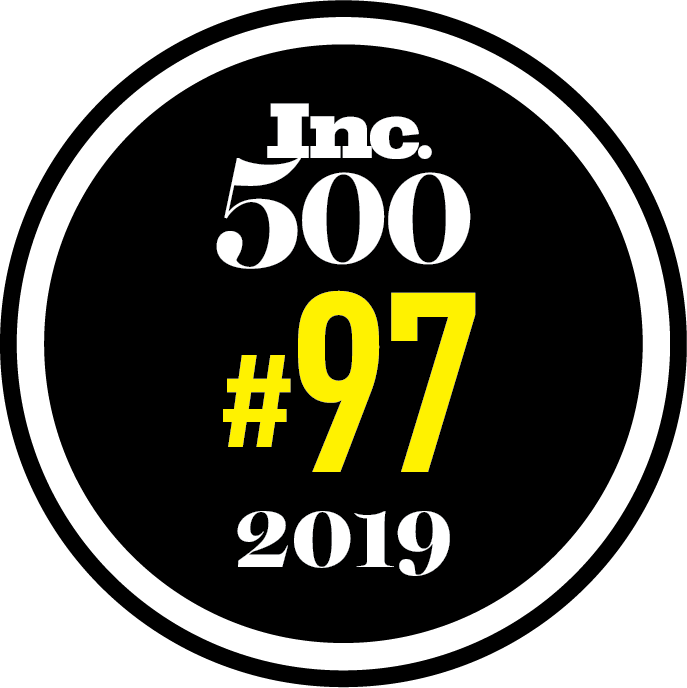This is part 1 of 3 in the series Financing for Your Startup. Read the next parts below:
- Part 1: Initial Inventory Funding (current)
- Part 2: Fulfilling Purchase Orders
- Part 3: Growth with Inventory Financing
Financing for your startup business at each stage has unique financial requirements. From prototyping an idea to building your empire, you have different needs at every step. In this first article of a 3-part series, we’re starting from the beginning – financing that initial product run to get your company “in business”.
Financing Initial Inventory
You have an amazing idea, developed a successful prototype, and have product-market-fit. Now the hard part – financing that initial inventory and launch. Obtaining financing for the initial product launch can be challenging with higher cost of goods sold, no sales history and not yet profitable.
Here are two popular options that can get you up and running quickly.
Bootstrapping: Control Your Own Success
Many successful businesses initially fund their inventory by bootstrapping: utilizing personal savings accounts or credit cards. While intimidating, bootstrapping leaves you with 100% equity and the absolute control of your success. First look at the money you have on hand, and take a hard look at the minimum quantity you need to start making money. Economies of scale (ordering higher quantities) will be tempting, but not worth the outlay in cash at this stage. To bootstrap this initial product run, you’ll have to cut expenses, focus on getting to revenue, and work tirelessly.
My favorite bootstrapping success story is that of baby lifestyle brand Freshly Picked. The CEO of Freshly Picked, Susan Peterson, had the idea to create a baby moccasin that was made of durable leather and designed to keep the shoe on the baby’s foot. After initially perfecting her design on scrap leather purchased at a garage sale for $1, Susan needed money to purchase material for the first inventory run, but this initial purchase would be tough to swing financially, so she had to get creative. Susan’s brother had a window -installation business and she convinced him to give her the old windows destined for the junkyard – so she could sell the scrap aluminum for cash. After a summer of banging glass from window frames, Susan had enough money to purchase the materials for her initial product run. This initial hard work and bootstrapping paid off – big. More than 5 years later, Freshly Picked has revenue in the millions and is successfully selling on their own site as well as through select retailers like Zappos and Nordstrom.
Crowdfunding: Build Your Brand
For many startups, creating a Kickstarter or Indiegogo crowdfunding campaign is a great option to finance initial inventory. Brands that have successfully crowdfunded benefit from receiving the sales revenue up front to fund the inventory – not to mention the “free” benefits like community building, exposure and free press. Starting a crowdfunding campaign is as easy as clicking a few buttons, adding a video, etc. The trickiest part is that to try to ensure the campaign is funded you have to set conservative expectations. Your goal is to get the capital you “need”, not what you think the campaign is worth. If you’ve been funded in just a few days, there may be an opportunity to swing for the fences – but keep in mind you must deliver for your backers.
New York City-based Spuni launched a successful Indiegogo project to fund an initial inventory run of their ergonomic baby spoon. After their start on Indiegogo, Spuni is now selling via multiple retailers including on Amazon, where Spuni has been accepted to the Amazon Launchpad Program.
Ready, set…launch!
Bootstrapping and crowdfunding can get you the capital fast, but you may need to scale back your initial inventory run, with the #1 goal of getting product in hand to start selling. Once you have sales from this initial inventory, you’ll have cash to invest in future inventory. Payability helps growing businesses with funding to propel their next steps of growth, apply for inventory funding today.
Stay tuned for our next post on financing your startup!
Read other parts in the series “Financing for Your Startup”
- Part 1: Initial Inventory Funding (current)
- Part 2: Fulfilling Purchase Orders
- Part 3: Growth with Inventory Financing

